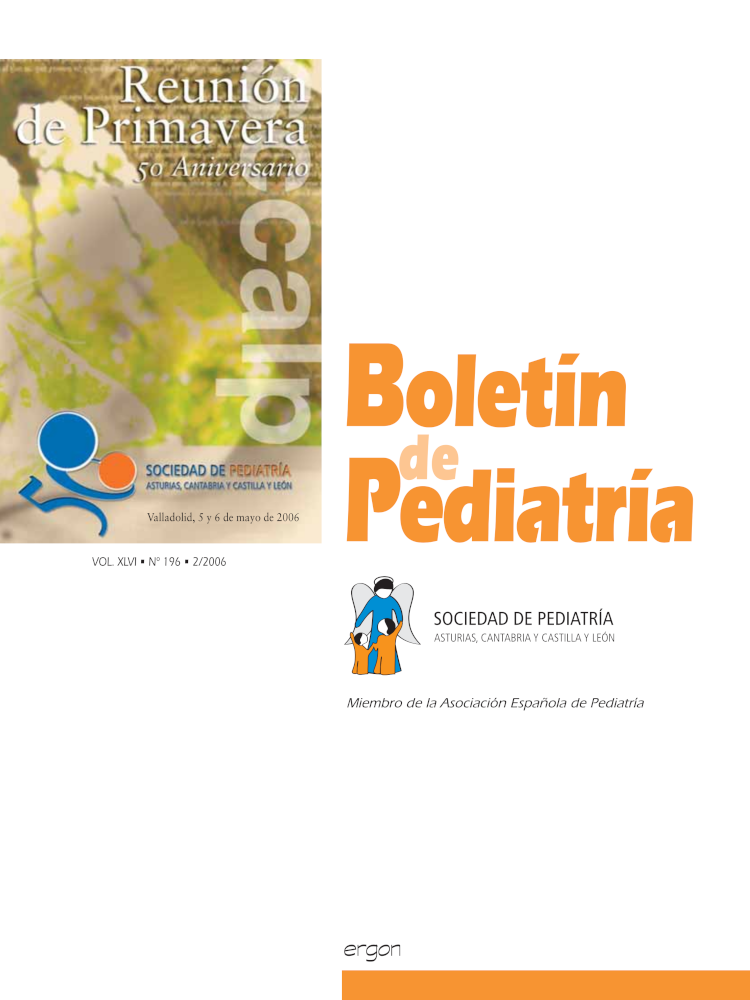Abstract
Type 1 diabetes is an autoimmune disease specifically aimed at pancreatic beta cells that occurs in genetically susceptible individuals on which a series of environmental factors act. In spite of the studies conducted, there are multiple etiopathogenic aspects that are still unknown. In recent years, there has been an important increase of the type I diabetes incidence figures. This increase has been too fast to be explained by genetic factors, environmental factors acquiring increasing importance. The identification of these factors is very important since they may contribute to the etiopathogenic knowledge of the disease and, who knows, if to its prevention in the future. There are multiple environmental factors involved in the etiopathogeny of type I diabetes, among which infections (above all viral), dietary and toxic factors, stand out classically. In recent years, other factors have been involved, for example, vaccinations and attendance to nursery schools. However, undoubtedly, perinatal factors acquire special importance due to the shifting of the diagnosis of diabetes to increasingly earlier ages reflected in international studies.

This work is licensed under a Creative Commons Attribution-NonCommercial 4.0 International License.
Copyright (c) 2006 Boletín de Pediatría
